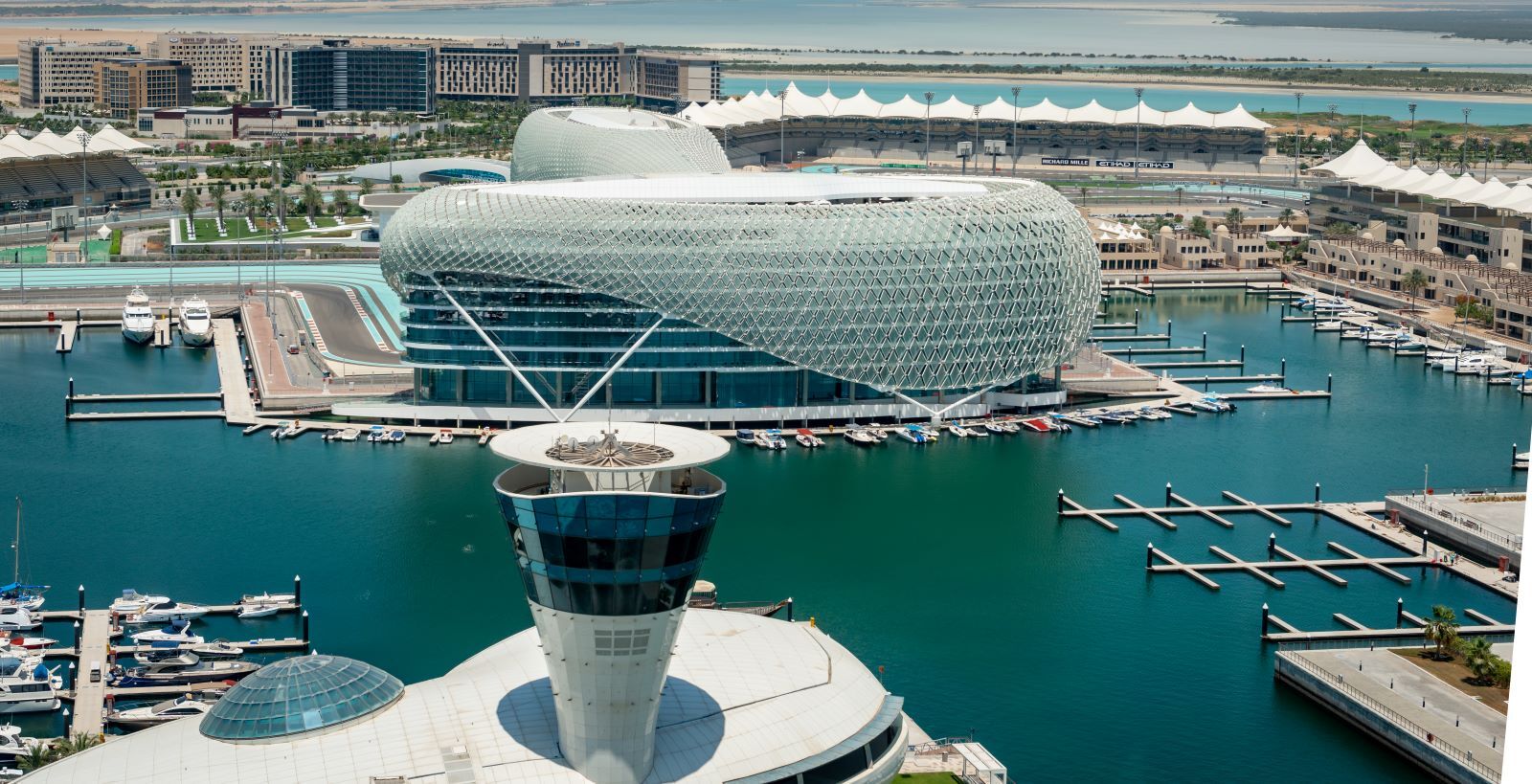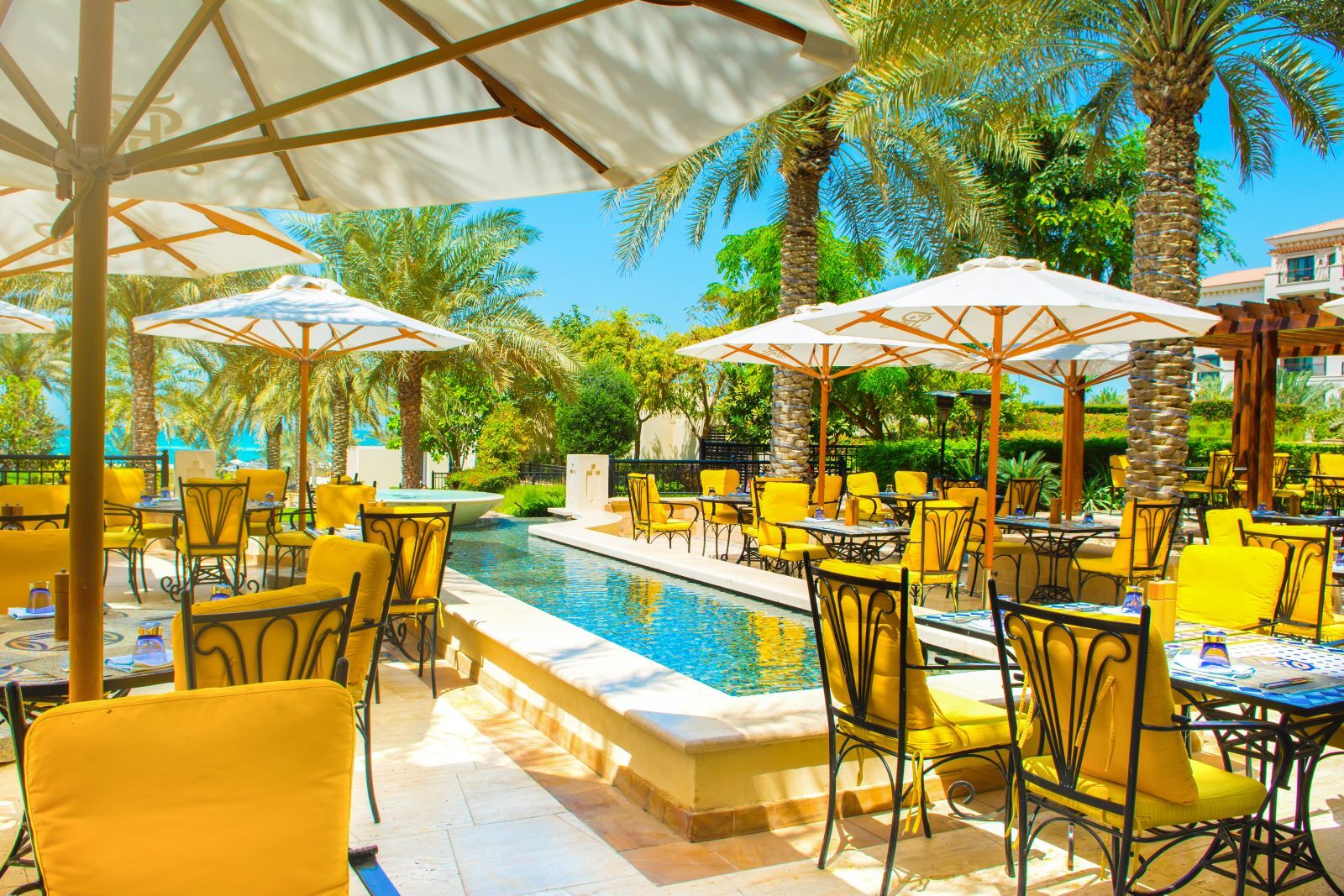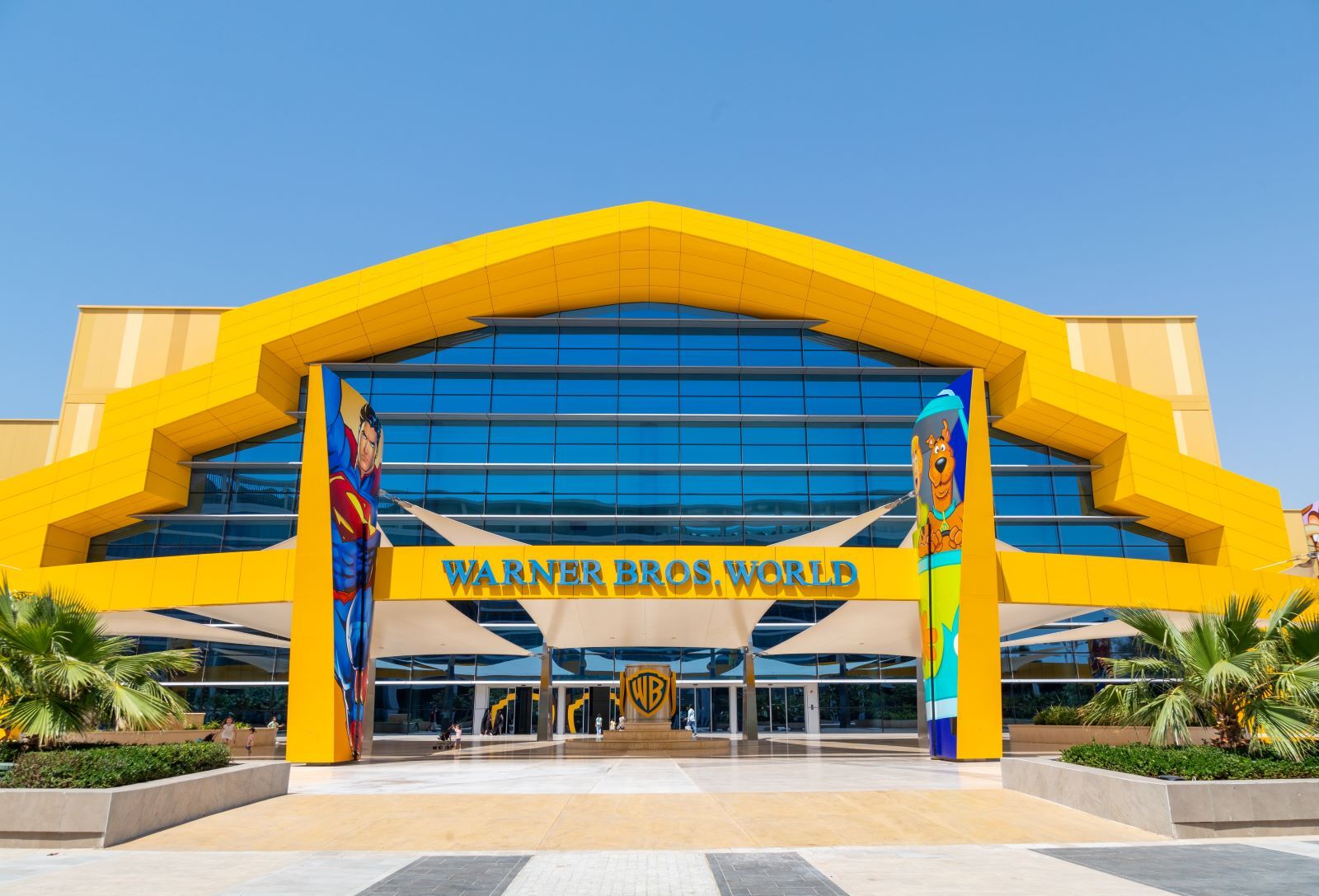Abu Dhabi: A Global Hub For Purebred Arabian Horses
In recent years, Abu Dhabi has become a cornerstone of the global Arabian horse breeding industry, seamlessly blending timeless tradition with modern excellence. Since its development as an international powerhouse, the emirate has been at the forefront of breeding, showcasing and developing this renowned breed, with a wide range of facilities designed to ensure its preservation. Mere mention of the Arabian Horse evokes an image of power, prestige and elegance. Read on to discover everything you need to know about this exquisite breed.

The Arabian Horse: A Brief History
The highly respected Arabian horse stands as an iconic symbol of the UAE, similar in cultural reverence to the camel. With its distinctive head shape and high tail carriage, the animal is one of the most easily recognisable horse breeds in the world. There are some claims that the Arabian has been on the peninsula for the better part of 3,500 years, historically being used in war and to breed with other horse species in order to improve functions such as speed, endurance and agility.
Prized by the nomadic Bedouin, who for centuries traversed the Arabian Peninsula (and still do in some parts), the breed has been valued for its cooperative relationships with humans and is also known to be good-natured and quick to learn – ideal attributes for training. Their importance in war meant that prized mares were often kept in their owners' tent, further integrating them into family life in nomadic culture.
The Arabian horse is synonymous with endurance racing and, when combined with its amenable personality, positions it as one of the most sought-after breeds within the industry. As such, the Arabian is now found in some of the world’s most elite stables.
Key Abu Dhabi Breeding Programs and Organisations
Given the prominence of the industry in Emirati culture, Arabian horse breeding traditionally has close ties with the royal family. The Royal Stables, located in the heart of Abu Dhabi in Al Mushrif, was established in 1969 by H.H. Sheikh Zayed bin Sultan Al Nahyan with a mission to breed and preserve this iconic animal and instil horsemanship as a vital part of Arabian culture. The facility also offers riding classes, world-class arenas and several other services such as stables, paddocks and an on-site vet.
Despite being about an hour outside the city, Wathba Stallions is one of the most prominent Arabian horse breeding facilities in Abu Dhabi. Set up to become the breeding arm of Sheikh Mansoor bin Zayed Al Nahyan, the company has been established under the directive of the Sheikh himself, with the mission of ensuring all breeding deals go smoothly and to retain the Arabian horse’s reputation as one of the best breeds in the world. All breeding operations of the Sheikh are conducted exclusively through Wathba Stallions.
Al Shira’aa Arabians is a family-run endeavour which has the equine traditions of the country coursing through it. A love for the Arabian horse is front and centre here, and the vision is to pass on the legacy of the founding fathers of the nation while spreading interest in purebred Arabian horses. The institution keeps a range of horses such as stallions, mares, colts, fillies and even Andalusians, while also encouraging numerous equestrian sports like dressage and show-jumping.
The Emirates Arabian Horse Society (EAHS) is a comprehensive service for all things Arabian horse-related. Registration, notarisation and approval services can all be requested, while stud and exportation services can be taken advantage of for those who may be so inclined. Of course, EAHS also has a range of registered horse supply services, transport companies, equine clubs and horse hospitals, positioning the organisation as the authority on Arabian horses within the UAE.
These breeding programs and associations combine to help place Emiratis among the most knowledgeable, respected voices in the Arabian horse breeding industry.
Prestigious Events and Competitions
Taking place at Yas Island’s Etihad Arena, the annual Abu Dhabi International Horse Championship (ADIAHC) is an event which holds a prestigious place in the international Arabian horse calendar. With some of the world’s finest horses on display, the event also attracts a who’s who of the community’s best breeders and most esteemed owners – including ultra-high-net-worth individuals and even royalty.
A range of competitive events combining heritage and luxury are designed to provide enthusiasts with an integrated space where fun, competition and a shared appreciation of the Arabian horse can be enjoyed. The exclusivity of the event helps to solidify the UAE’s status as a leading global destination for Arabian horse events.
The Ramadan Arabian Horse Championship takes place at the Abu Dhabi Equestrian Club under the patronage of His Highness Sheikh Mansour bin Zayed Al Nahyan. The 2025 edition took place in March, but as Ramadan is tied to the lunar calendar, the event occurs at differing times each year. Contestants battle it out over nine categories, while EAHS – the event organiser – aims to support owners and breeders by highlighting the beauty of these young horses, potentially drawing interest from attendees. The organisation also intends to develop breeding capabilities in the country, while attempting to further increase the global reputation of these animals.
These world-class events serve to position the UAE as an internationally recognised authority on Arabian horses, while also increasing breeding standards year on year.
The Science and Art of Breeding Arabian Horses
Bloodlines are everything in horse breeding. Arabian horses are among the oldest and most prestigious purebreds in the world, with lineages that can be traced back decades, sometimes even centuries. As such, there is huge importance placed on maintaining these bloodlines, and lineage records are kept as meticulously as family genealogy records, ensuring purity for coming generations.
Breeding is seen as an exact science, with high-end breeders carefully matching mares and stallions to give the best possible chance of desirable offspring. High tail carriages and the distinctive “dished” profile are just some of the desired aesthetic traits, while endurance and stamina are, of course, essential physical traits.
When it comes to specific breeding techniques, artificial insemination and embryo transfer lead the way, while genetic testing can also be used to monitor hereditary diseases and give the foal the best possible chance of achieving world-class purebred status.
These techniques serve as a way to ensure the Arabian type (referring to the unique and highly recognisable physical characteristics of the breed) is met. The Arabian is a horse of superb balance, symmetry and harmony of proportion, which is what breeders strive for in their animals.
Raising Foals into Adulthood
As with any young animal, great attention is needed if you wish to develop them in a specific manner. Nutrition, handling and socialisation are key considerations, while (legal) supplements – especially with performance animals – can be a big help in achieving desired outcomes.
Arabian horses are famed for their genial dispositions, boasting an almost affable nature. To develop and maintain this temperament, it is important for foals to be exposed to people from a young age, in order for them to feel as comfortable as possible.
While the ultimate goal for many young Arabian horses is endurance racing or other disciplines such as dressage or show-jumping, these young foals cannot be rushed. They must start with basic groundwork before advancing to these more intricate disciplines. Alongside this, conditioning is used to build endurance – one of the main attributes these exalted animals are known for.
For breeders who follow the correct protocol and develop a world-class animal, the payoff can be huge. Show-quality animals sell for anywhere in the region of $50,000 - $150,000, while prize-winning champions – that is, horses with exceptional lineage – can fetch up to $1,000,000. In December 2024, an Arabian sold for a reported AED 5.5 million (almost $1.5 million). For many, the value in these purebred horses lies not in their competitive ability in the present but in their lineage potential. That is, how likely they are to sire or foal champion horses and produce a wealth of offspring who can consistently compete at the very highest level.
Arabian horses carry with them an undeniable allure, a tangible reflection of a heritage deeply ingrained in the fabric of Emirati culture. For many, these horses stand as enduring symbols of identity, and the continuation of this noble tradition is regarded as a way of honouring the nomadic legacy of their forefathers.



